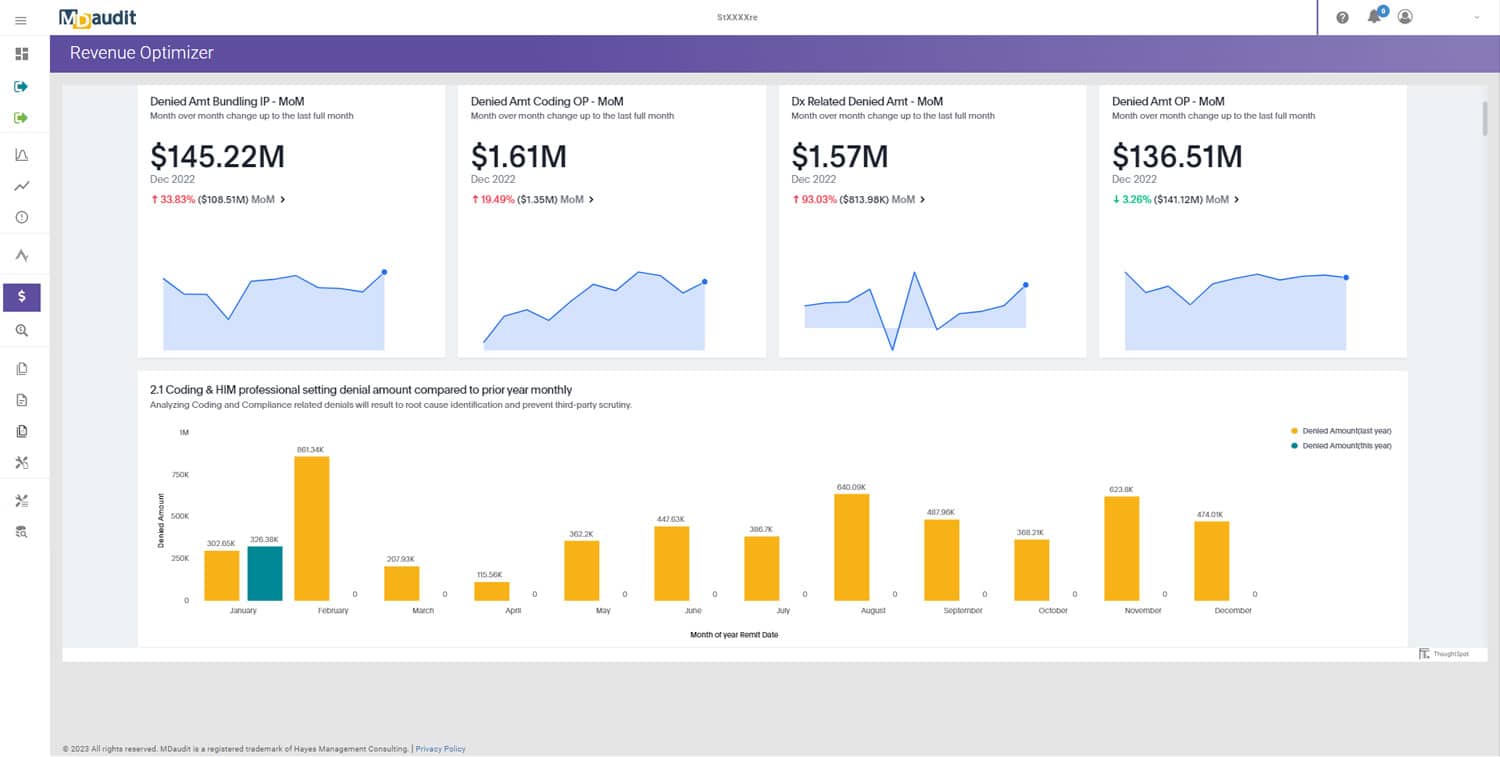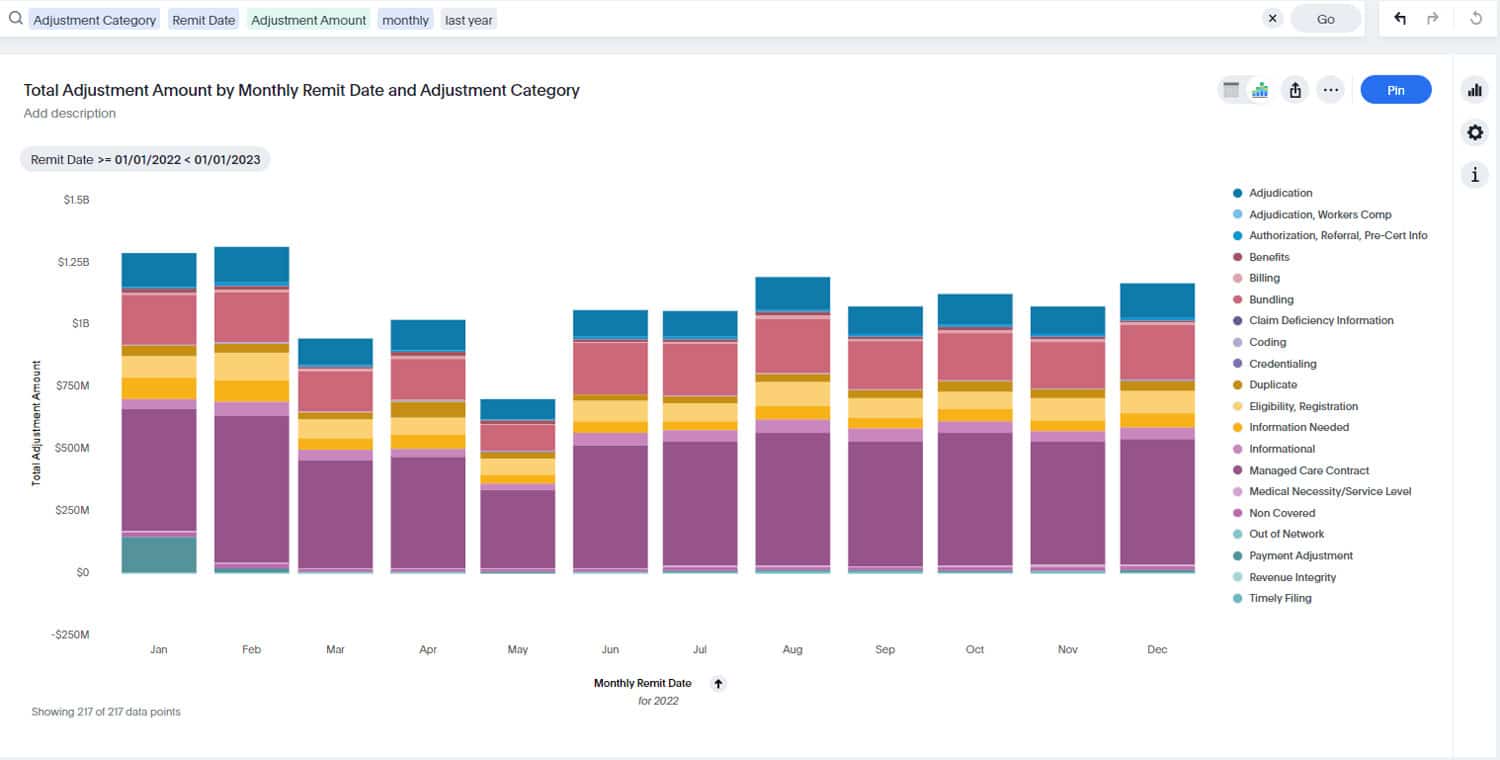With ever-evolving regulations and the increasing complexity of healthcare billing, maintaining an error-free environment can be challenging.
Enter continuous risk monitoring—a transformative approach that not only safeguards compliance but also optimizes revenue integrity. At MDaudit, we believe that continuous risk monitoring (CRM) is the cornerstone of a robust healthcare compliance strategy. But what exactly is CRM, and why is it so crucial?
What is Continuous Risk Monitoring?
Continuous risk monitoring is a proactive approach to identifying, assessing, and mitigating risks in real-time. Unlike traditional periodic audits that occur at set intervals, CRM operates around the clock, constantly analyzing data to detect anomalies, potential compliance issues, and areas of financial leakage. This real-time vigilance allows healthcare organizations to address problems as they arise, rather than reacting to issues after they have caused significant damage.
4 Key Components of Continuous Risk Monitoring
- Automated Data Analytics: CRM leverages advanced algorithms and machine learning to automatically analyze vast amounts of data from various sources (i.e. claim and remittance information). This automation enables the system to identify patterns and outliers that may indicate potential risks.
- Real-Time Alerts: One of the critical features of CRM is its ability to provide real-time alerts. When the system detects an anomaly or a billing issue, it immediately notifies the relevant stakeholders, allowing them to take swift corrective action.
- Comprehensive Reporting: CRM platforms offer detailed reports that provide insights into the organization’s risk landscape. These reports help revenue integrity compliance professionals to understand the root causes of issues and track the effectiveness of their mitigation efforts.
- Mastery of Data Ingestion: The foundation of any credible CRM is data ingestion daily. Providing real-time insights into billing anomalies and how to fix them.
Benefits of Continuous Risk Monitoring
Proactive Compliance Management
With CRM, healthcare organizations can shift from a reactive to a proactive approach. By identifying issues as they occur, organizations can address them before they escalate into more significant problems, thus reducing the risk of regulatory penalties and fines. The at-risk provider and coder population can easily be identified and educated in a timely fashion, equating to significantly increased compliant billing.
Enhanced Revenue Integrity
CRM helps safeguard revenue integrity by identifying billing errors, coding discrepancies, and other financial anomalies. By dealing with these issues early, organizations can correct them promptly, ensuring accurate reimbursement and reducing the risk of revenue loss.
Improved Patient Care
At its core, CRM ultimately contributes to better patient care. By maintaining compliance and revenue integrity, healthcare providers can focus more on delivering high-quality care to their patients. Moreover, reducing financial and compliance risks means more resources can be allocated to patient care initiatives.
Continuous Risk Monitoring with MDaudit
CRM is not just a technological advancement; it is a strategic imperative for healthcare organizations aiming to thrive in a highly regulated environment. By adopting continuous risk monitoring, you can enhance compliance, safeguard revenue, and, most importantly, improve patient care.
Stay ahead of the curve with MDaudit’s continuous risk monitoring platform. Let us help you drive meaningful outcomes that expand patient care and deliver healthy bottom lines.









